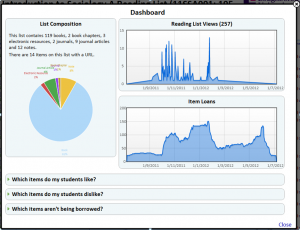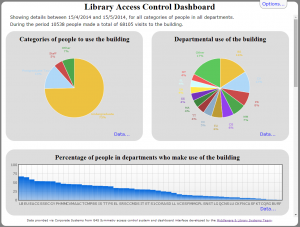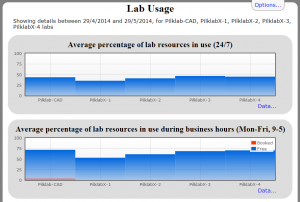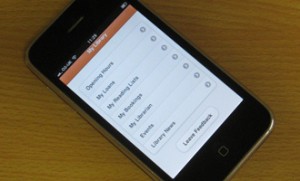APIs (application programming interface) are almost a way of life for us in MALS. They are an essential tool that allows us to exploit systems (I don’t mean in the sense of unfair or underhand access, but rather to derive maximum benefit from a system). However, time and time again we hit the problem of suppliers who proudly state they have APIs for their systems but when we ask to access them we find:
- the APIs are unavailable to customers – but the supplier would be happy to do whatever development we were intending if we can provide them with a big bag of cash ($$$)
- the APIs are undocumented – in other words no use at all
- the APIs were documented – yeah! – about five years ago and despite the code being upgraded no one thought to do the same with the documentation – no!
- the supplier is happy to provide access to the APIs for an additional charge
- you need to attend a training course (and possibly be certified – I’ll let you decide on the definition) before you can access the APIs
<rant>
I can sympathise with suppliers not wanting people messing with their systems. However, if you say you provide APIs to access them then for goodness sake do so!
</rant>





